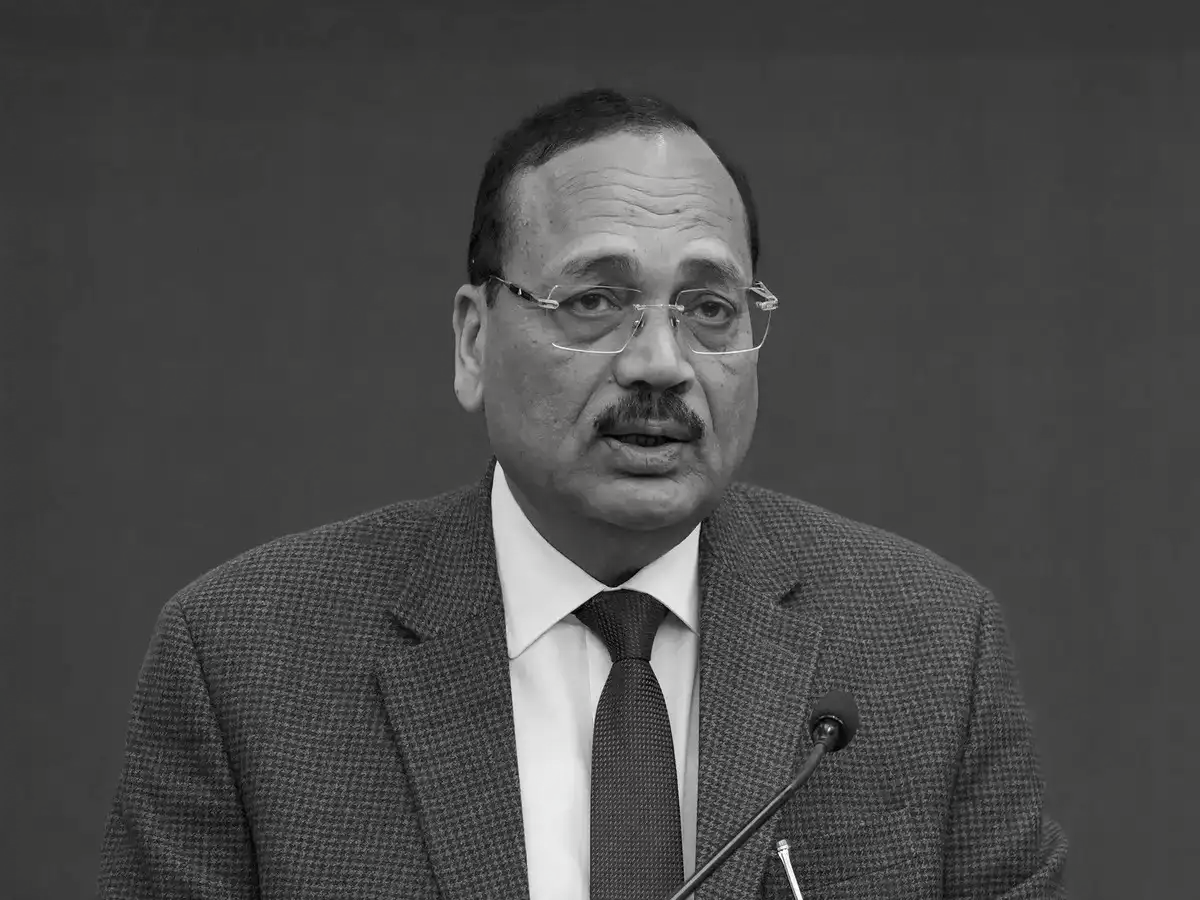
India to get a new CJI: Justice Surya Kant next in line
The government has formally initiated the process to appoint the next chief justice of India (CJI), as incumbent B.R. Gavai prepares to retire on November 23. Justice Surya Kant, currently the seniormost judge after CJI Gavai, is expected to assume office on November 24 and serve for nearly 15 months until February 9, 2027.
The formal procedure involves the union law minister requesting the outgoing CJI to recommend a successor, following the memorandum of procedure that governs the appointment, transfer, and elevation of Supreme Court and high court judges. Traditionally, the seniormost judge considered fit is appointed, and Justice Surya Kant’s seniority and track record make him the natural choice.
Educational background and early career
Born on February 10, 1962, in Hisar district, Haryana, Justice Surya Kant completed his bachelor of laws (LLB) from Maharshi Dayanand University, Rohtak, in 1984. He began his legal practice at the district court in Hisar in the same year and later shifted to the Punjab and Haryana High Court in 1985. Over the years, he established himself as a distinguished advocate specializing in constitutional, service, and civil matters. In 2000, he was appointed as the advocate general of Haryana and was designated a senior advocate by the high court in 2001.
Judicial career
Justice Kant was appointed as a judge of the Punjab and Haryana High Court on January 9, 2004. During his tenure, he delivered several significant judgments, including the Jasvir Singh case, which directed the state of Punjab to form a jail reforms committee to enable conjugal and family visits for inmates, emphasizing the reformatory goals of such amenities.
On October 5, 2018, he was elevated as the chief justice of the Himachal Pradesh High Court, where he served until his elevation to the Supreme Court. On May 24, 2019, Justice Kant was appointed as a judge of the Supreme Court of India.
Notable judgments
Justice Kant has authored and contributed to several landmark judgments that have shaped Indian jurisprudence. In Jitendra Singh v. Ministry of Environment & Ors. (2023), he emphasized that ponds and water bodies are public resources vital for community use and cannot be arbitrarily extinguished. In Central Bureau of Investigation v. Sakru Mahagu Binjewar (2023), he clarified sentencing provisions under the SC/ST (Prevention of Atrocities) Act, reinforcing judicial discretion in awarding punishment.
He has also strengthened the rights of crime victims, notably in the Lakhimpur Kheri case (2024), reaffirming that victims can challenge acquittals and actively participate in the pursuit of justice. In another significant ruling, Justice Kant upheld the public trust doctrine in the Khajuria Tank Park case (2025), safeguarding public land for community use.
Advocacy and leadership
Beyond his rulings, Justice Kant has consistently advocated for judicial independence and the protection of constitutional values. He has spoken about the judiciary’s responsibility to uphold fairness, transparency, and public interest, reinforcing his reputation as a principled and thoughtful jurist.
In May 2025, Justice Kant was appointed as the executive chairman of the National Legal Services Authority (NALSA). In this capacity, he has been instrumental in launching initiatives to enhance access to justice, including the inauguration of 24-hour legal clinics equipped with e-libraries at various locations, such as Tamil Nadu National Law University in Trichy.
With his extensive experience, landmark judgments, and commitment to the rule of law, Justice Surya Kant is widely seen as a steady and capable choice to lead India’s judiciary.
